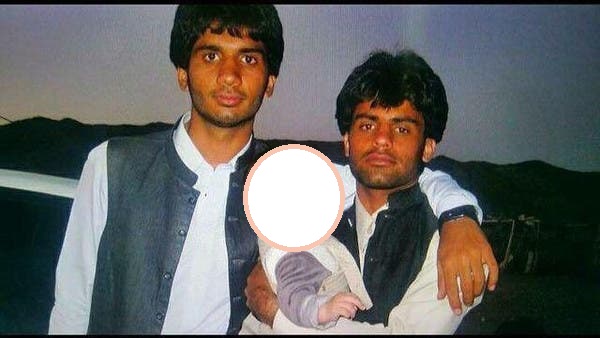Indian State Should Focus on Unconventional Methods: Jamal Nasir Baloch
Balochistan: Iran executes two Baloch prisoners; others shifted to isolation are at risk of execution

DOZZAAP: Two Baloch prisoners who were sentenced to death in political and security cases were executed in Zahedan, the capital city of Iranian Occupied Balochistan, Prison on Saturday, December 20th.
The victims have been identified as Behnam Reki and Shoaib Reki.
Baluch Activists Campaign reported that the two executed prisoners were members of Basij forces and they had a clash with narcotic agents. The campaign could not confirm their exact charges.
According to BBC Persian, Ali Mostafania the ‘Chief Justice’ of Iranian Occupied Balochistan, described them as “armed drug traffickers” who were arrested in 2017.
The executions took place at a time when, Mustafa Nili, the attorney of the convicts had requested more time to review their appeal. His plea was not heard and his clients were killed.
Nili said there were contradictions in charges against them that could reverse their sentence. He also revealed that there are currently 10 prisoners who have been sentenced to death in Zahedan Prison for ‘membership in dissident groups allegedly opposed to the Islamic Republic of Iran’. Mr Nili represented four of them.
Meanwhile, on Monday, another Baloch inmate named Hameed Reki has been transferred to Isolation and it said that he will be executed to within the next few days. He was accused of an armed clash against Iranian forces.
At the time of the execution, the streets around Zahedan Prison were closed and the prison was heavily guarded.
Mohammad Reza Faghihi, the lawyer for several other convicts including Elyas Qalandarzahi and Hassan Dehvari, told the BBC that his clients’ first charge was ‘moharebeh’ which translates are ‘enmity against God’. The charges, he said were later changed to “Baghi” means rebel.
Mr Faqihi told the BBC that there had been legal errors in changing the charge from ‘moharebeh’ to ‘Baghi’. He asked for the rulings to be reviewed and said he was drafting a retrial appeal.
In Iranian law, ‘Baghi’ means armed rebellion against the government and ‘moharebeh’ means creating terror by using weapons which the regime describes as ‘enmity or waging war against God’.
Previously, the Sunni Friday-prayer Imam of Zahedan Molavi Abdolhamid Ismaelzahi had criticized the physical elimination and execution of prisoners and called for changes in criminal law in Iran.
Human rights activists have expressed concern about the possible execution of several other convicts.
Mustafa Nili said on Friday that he was looking to contact Zahedan Prison, but “it was said that there was a telecommunication problem, and I could not contact other officials due to Friday being a public holiday in Iran.”
BBC Persian reported that human rights activists say defendants and prisoners in areas such as Balochistan, Kurdistan, Khuzestan, and West and East Azarbaijan regions face more harsh treatment and severe punishment, but less information and media coverage.
This is the second time in recent months that political and security cases have been carried out without permission to resume the trial and without informing the lawyer or family of those sentenced to death.
Last week, Ruhollah Zam was executed suddenly and secretly. Earlier, judicial officials similarly executed Navid Afkari.
However, according to Iranian law, the convicts’ lawyers must be notified of the death penalty at least 48 hours before the execution of the sentence.
Ebrahim Ra’isi, the head of Iran’s judiciary, was a member of a delegation in 1988 that, on the orders of Ayatollah Ruhollah Khomeini, decided directly to secretly execute and bury thousands of political prisoners in mass graves.









